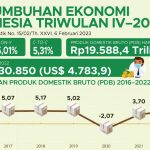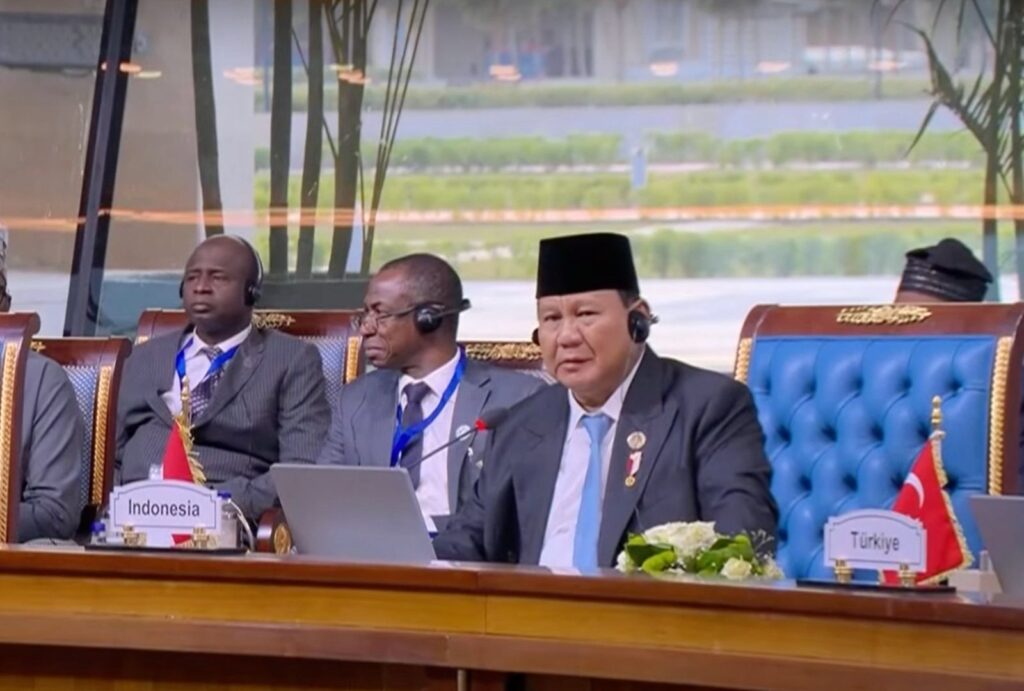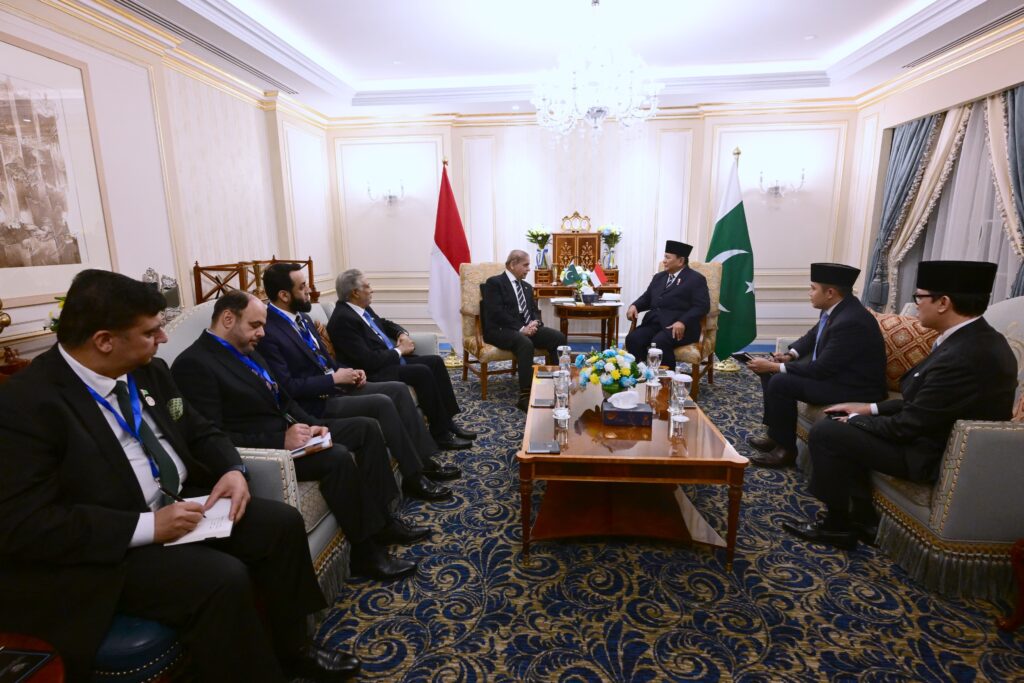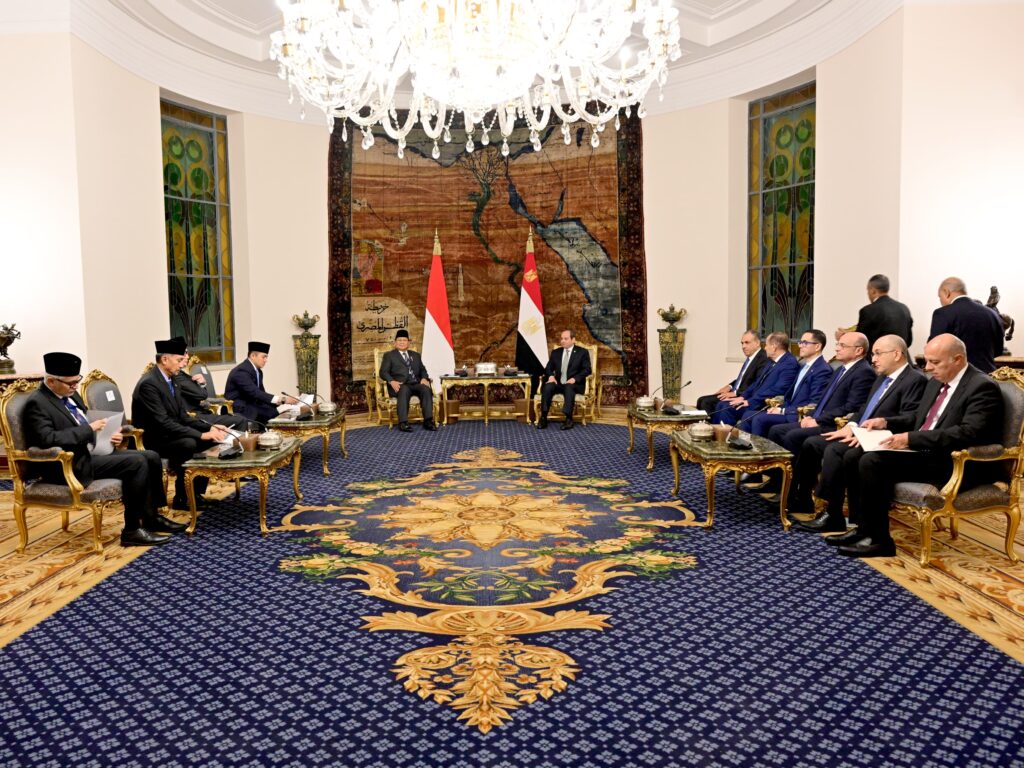Indonesia’s G20 presidency has potential to add 533 mln USD to GDP
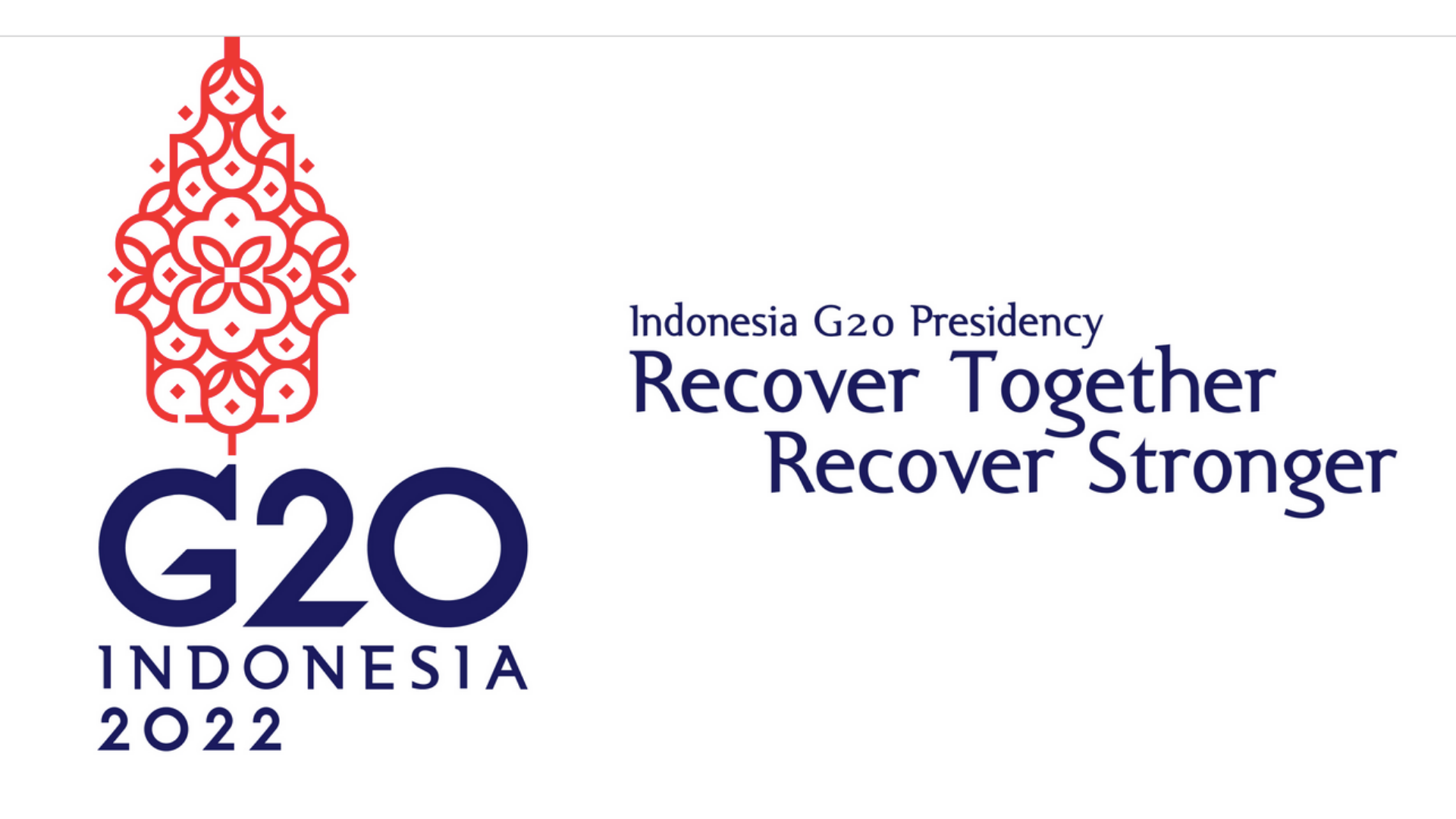
Jakarta (Indonesia Window) – The 2022 G20 presidency which is now served by Indonesia has the potential to add 533 million U.S. dollars to the national Gross Domestic Product (GDP), Finance Minister Sri Mulyani Indrawati said at a press conference here on Thursday (Nov. 11).
According to her, one of the additional sources comes from the increase in domestic consumption during the G20 event in the fourth most-populated country in the world.
The minister said that domestic consumption would increase by 119.2 million dollars as a number of G20 forums will be held in many cities in Indonesia by ministries and agencies.
The G20 event, she added, would be a forum for Indonesia to showcase its domestic economy which had been through heavy momentums during the COVID-19 pandemic.
During its term serving as the G20 presidency in 2022, Indonesia will hold at least 150 meetings which will take place in various cities in Indonesia, Sri Mulyani said.
The theme for next year’s G20 presidency will be Recover Together, Recover Stronger, because Indonesia will not let any country to be left behind from recovering from the impacts of the COVID-19 pandemic.
Sri Mulyani said that the G20 presidency in 2022 will highlight the role and responsibility of the G20 in overcoming structural problems that could hinder prosperity, by stressing efficiency, productivity, financial inclusion and green economy.
Therefore, the G20 presidency in 2022 has three pillars, namely promoting a productive and balanced global economy, including access to vaccines.
The first pillar also discusses efficiency improvement in the economy, especially digital transformation, specifically for small and medium enterprises to open wide access to capital and markets.
The first pillar also includes improving the quality of human resources after COVID-19 by developing financial markets and basic infrastructures, including digital infrastructures to increase productivity.
The second pillar is increasing resilience and sustainability through greater financial and monetary system stability in order to create better opportunities for countries to build resilience while increasing pandemic preparedness.
“This will be the most important topic in resilience and overcoming the risk of excessive capital volatility,” Sri Mulyani said.
The third pillar is ensuring sustainable and inclusive growth for the global community to create equity and sustainability in improving economic performance.
Reporting by Indonesia Window

.jpg)



